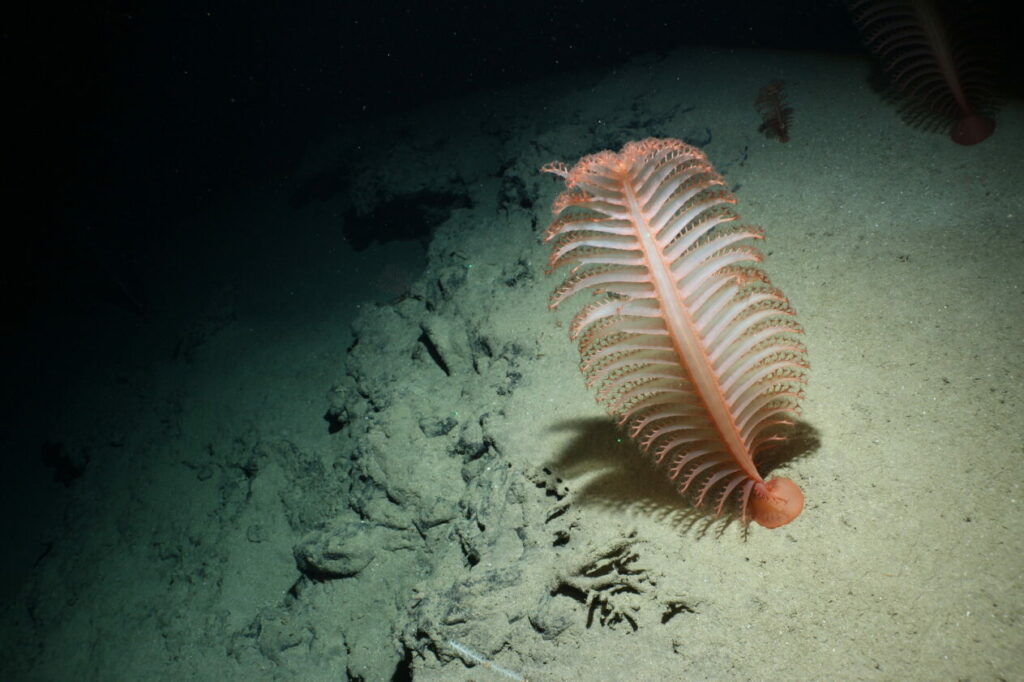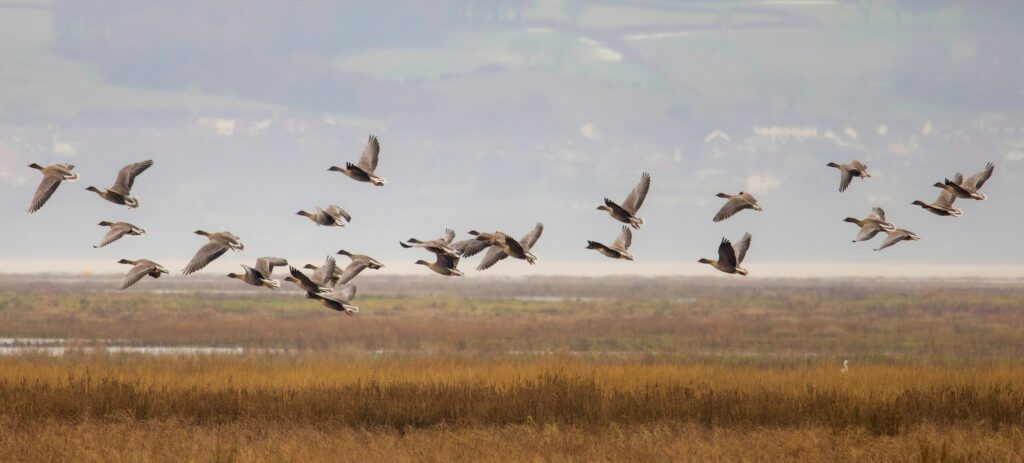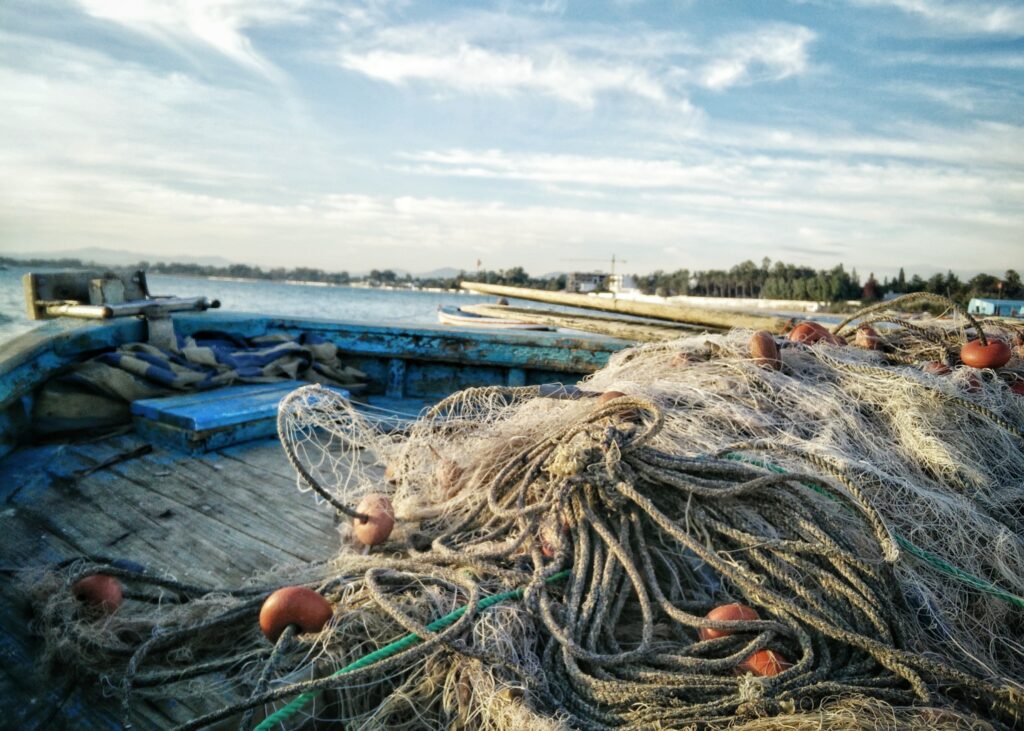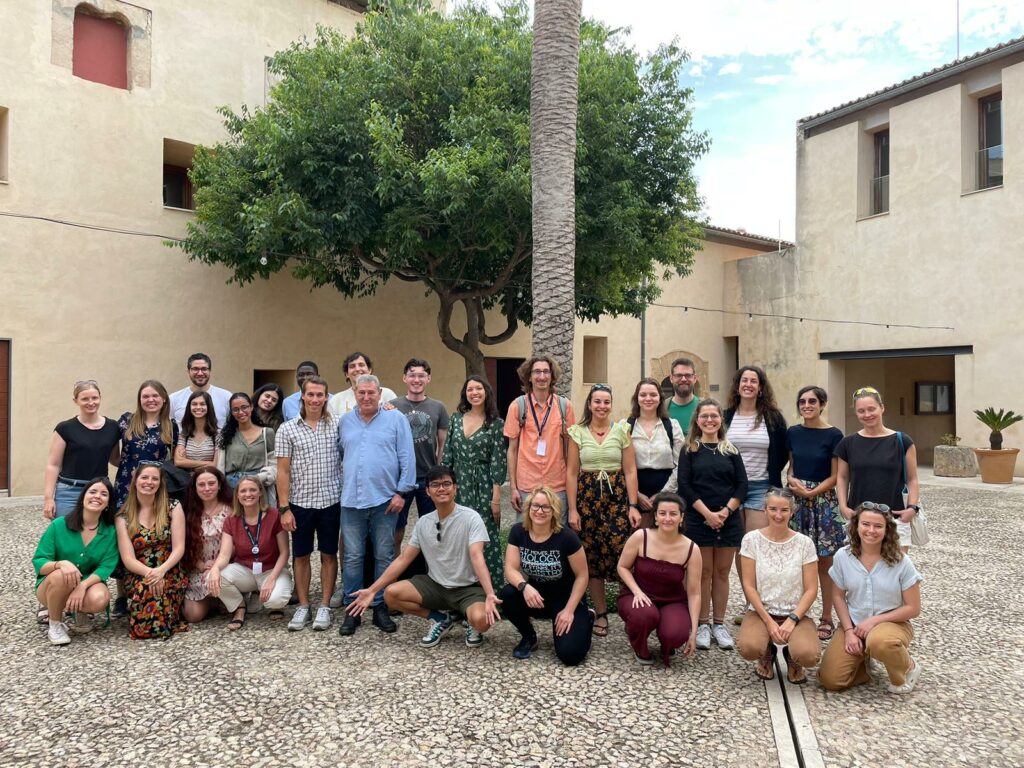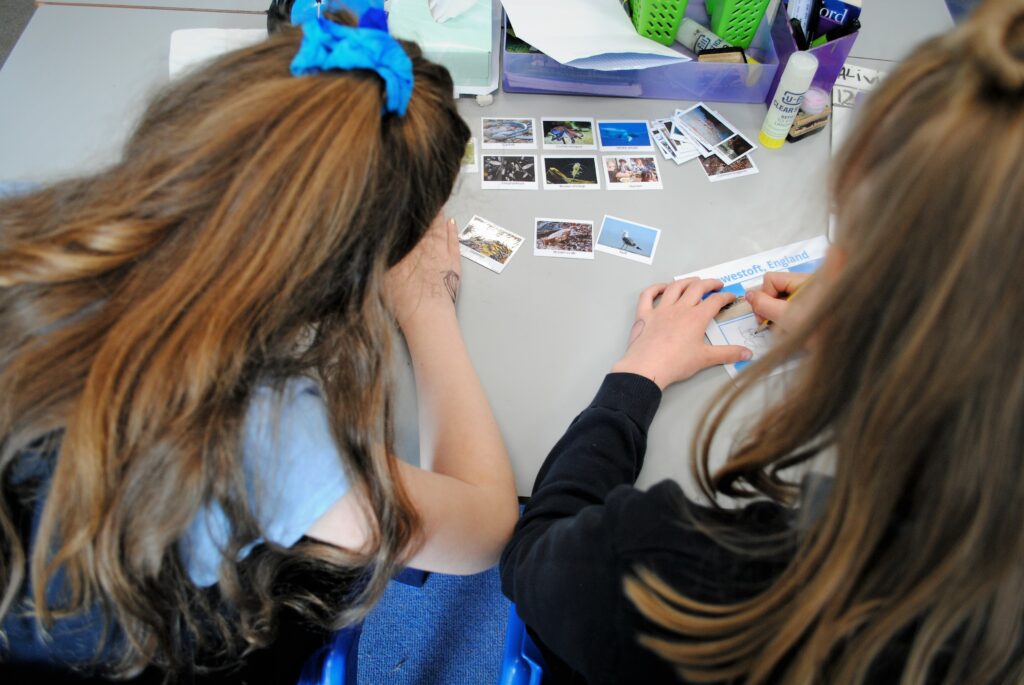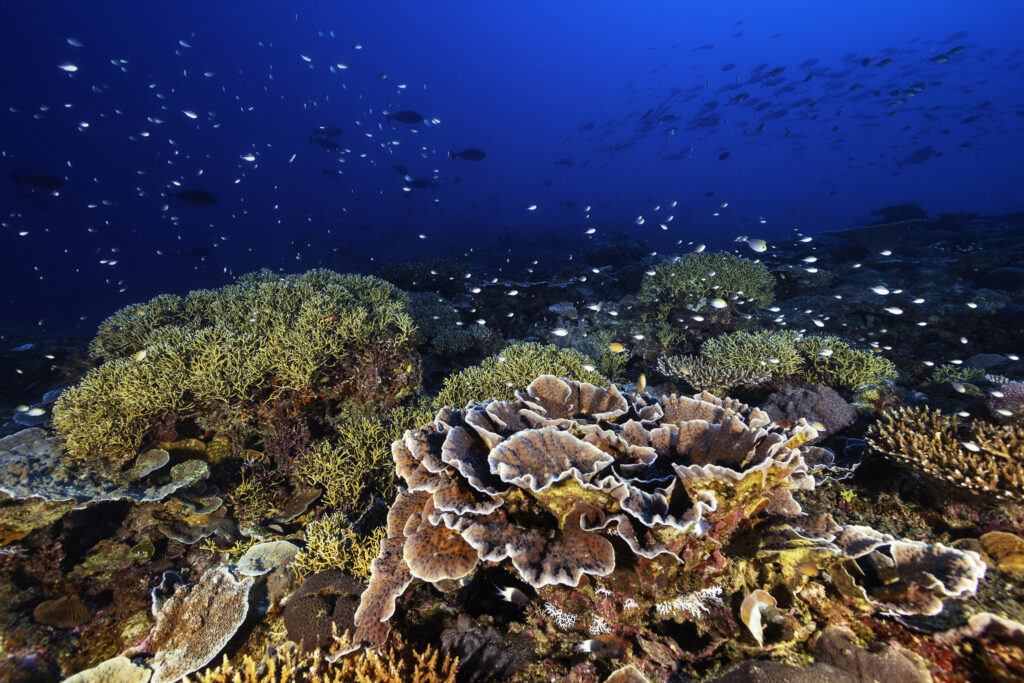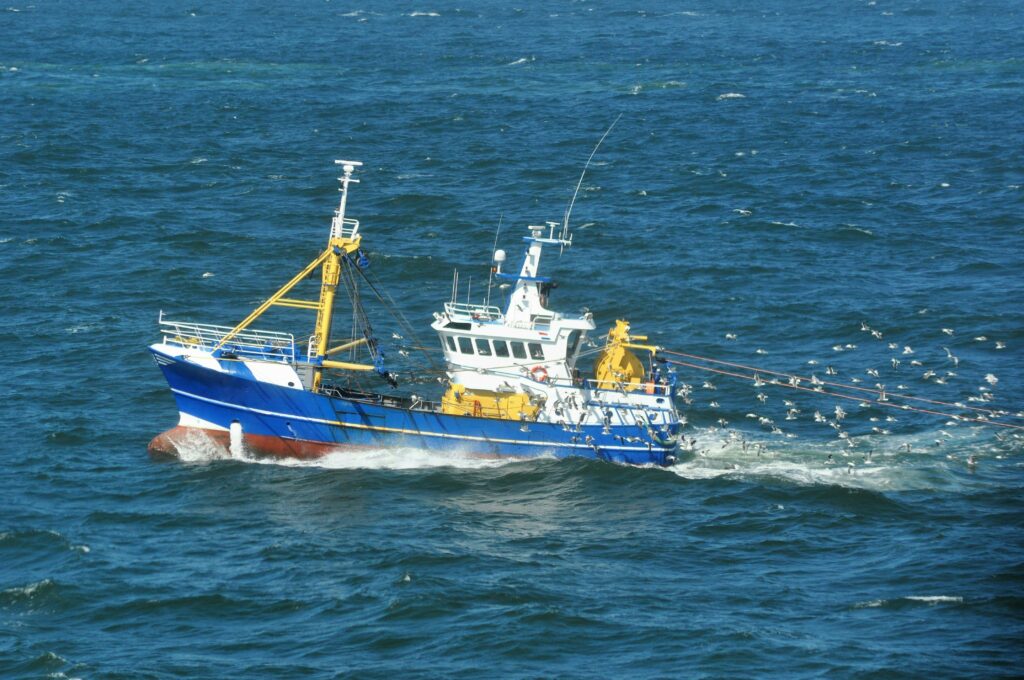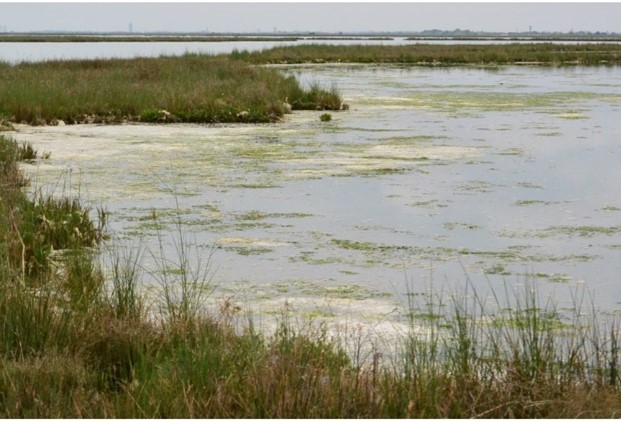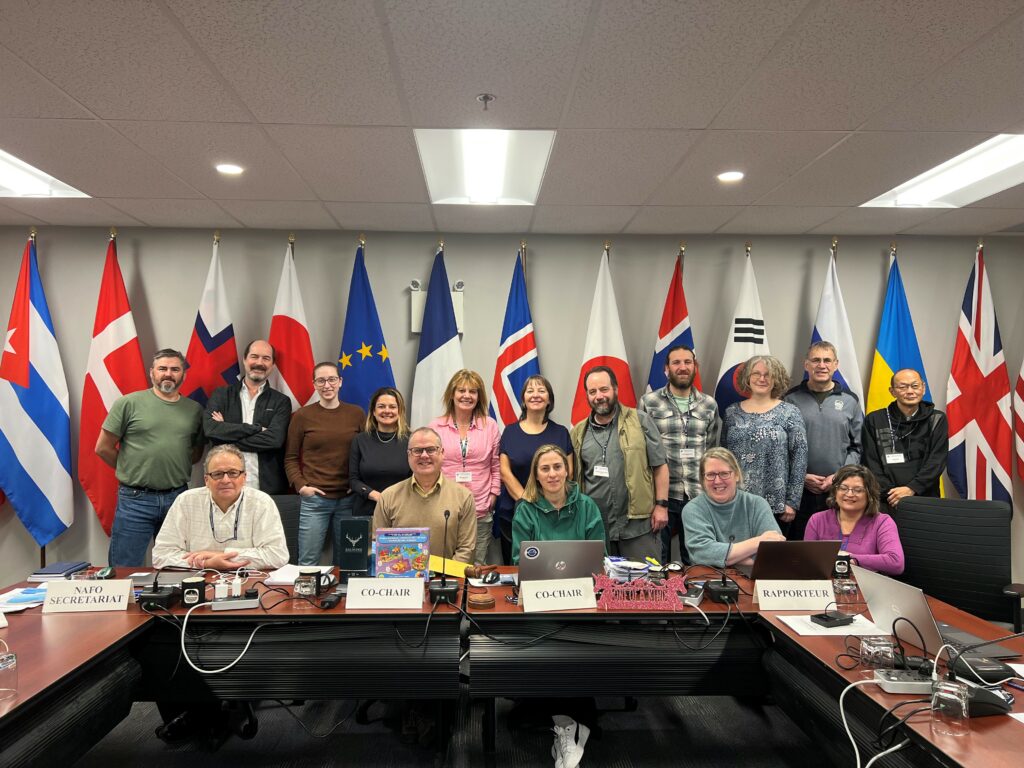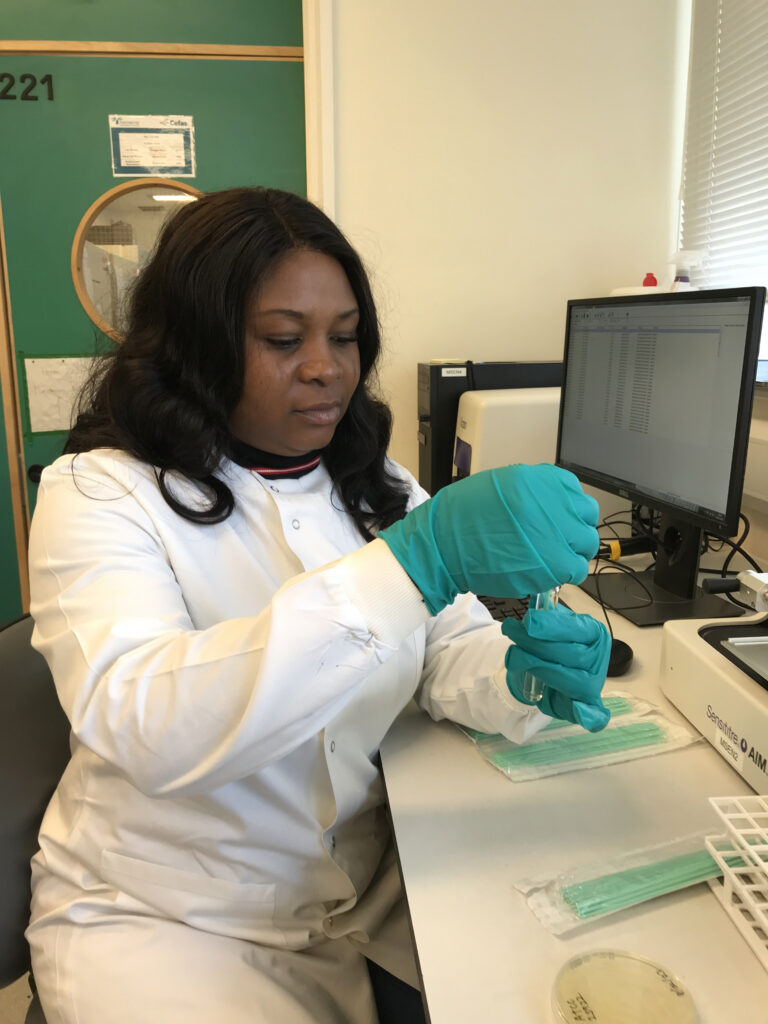Science
The deep-sea covers more than 60% of the Earth's surface. Deep-sea ecosystems are amongst the least well understood owing to the combined challenges of remoteness, vastness, and the difficulties of exploring its depths. The ‘deep-sea’ is a catch-all term that …
Natural capital refers to parts of the natural environment, such as forests, fisheries, rivers, biodiversity, land and minerals, that provide valuable goods and services to society. Much like human capital (labour, skills and experience), recent reviews recognise that natural capital should …
On Monday 17th July, the UK government’s Department for the Environment, Food and Rural Affairs (Defra) announced further steps to deliver a thriving, sustainable fishing industry and healthy marine environment following the UK’s exit from the European Union (EU). As …
First things first, who am I? I'm James, an Offshore Fisheries Observer and team leader at Cefas. I have been doing the observer role for almost 4 years now, so I am very much an early career (fisheries) scientist. I …
Despite being separated by more than 7,000 kilometres and located in opposite hemispheres, with the diverse climates and marine environments of the South Atlantic and North Sea, a ground-breaking primary school twinning project, supported by Cefas and Ascension Island, has …
Coral reefs are one of the most important ecosystems in the world, supporting up 25% of the ocean’s marine life. However, warming temperatures and ocean acidification have led to a decline in coral reef richness in much of the tropics. In …
How can UK fisheries achieve Net Zero by 2050? With the Fifth Symposium on the Effects of Climate Change on the World’s Oceans (ECCWO5) underway this week in Norway, Cefas Scientist, Georg Engelhard tells us about his new report looking …
Coastal areas of the Channel Manche region (between England and France) have an excess level of nutrients (such as nitrogen) from river run-off and urban discharges, which causes excessive growth of green algal mats. Seaweeds will begin to build up …
The High Seas are areas of the ocean beyond any country's territorial control and make up almost two thirds of the world’s oceans. These areas are at a greater risk of exploitation as countries are able to move, fish and …
Cefas is marking International Women’s Day by inviting our female colleagues that we work with overseas on some of our international projects, to share their science and how we work together. We aim to celebrate the amazing work that is …
